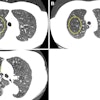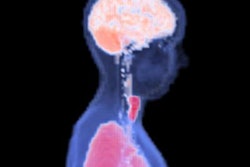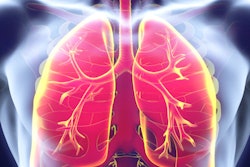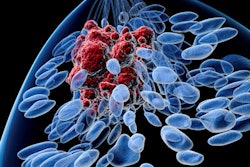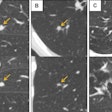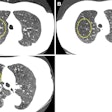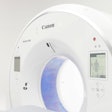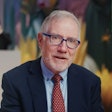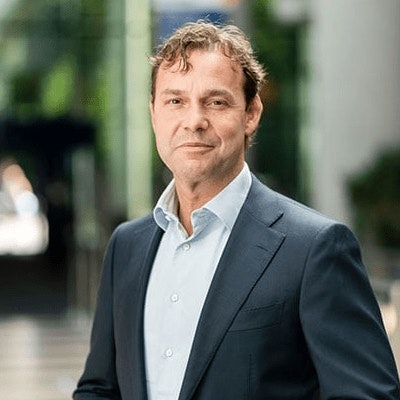
A senior Dutch hospital manager has voiced concern about the activities of software companies that reportedly have unclear pricing strategies and are making unreasonable profits. Dr. Maurice van den Bosch, chairman of Amsterdam hospital group OLVG and a former interventional radiologist, said that the discrepancy is unsustainable and the relationship is lopsided.
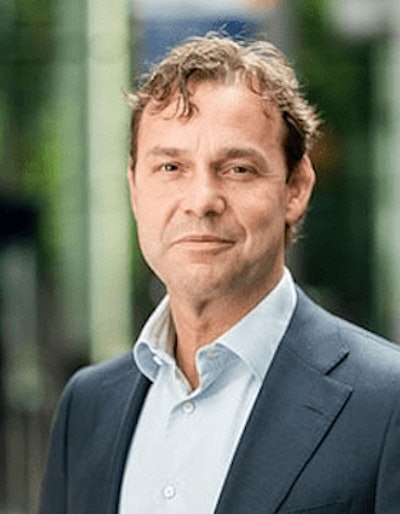 Dr. Maurice van den Bosch. Photo courtesy of OLVG.
Dr. Maurice van den Bosch. Photo courtesy of OLVG."It cannot be explained socially," he noted in a recent interview with online tech magazine, Zorgvisie.
The comments by van den Bosch came on the back of a published report in March by the country's Consumer & Market Authority (ACM), the Dutch regulator of free competition. ChipSoft has taken out a lawsuit, via the Trade and Industry Appeals Tribunal (CBb), against the publication of the ACM report, for damage to its reputation due to the document containing criticism by hospitals of the company, according to Zorgvisie.
Suppliers have a great deal of power over customers, and this is reflected in the profits they make, the report continued. For example, ChipSoft, market leader in the Netherlands that supplies around 70% of the country's hospitals, posted a 46.3% profit margin in 2018, with gross profits of 52 million euros.
Industry number two, Epic, kept 29.1% of revenue after deducting all costs. Then, in 2019, ChipSoft posted a gross profit of 45 million euros on a turnover of 107 million euros, making a profit margin of 42%, and an after-tax profit of 37 million euros. In comparison, hospitals on average make a profit of 0% to 2%.
Van den Bosch highlighted that hospitals were trying to keep healthcare as accessible and affordable as possible and that it was unacceptable to work with partners who make profit margins of 46% on hospital systems.
"I think that if a party like ChipSoft can make such margins while the partners, the healthcare institutions, are on margins of 1% to 2%, the ratio is skewed. And if we don't realise this, such cooperation will end at some point," he noted. "Healthcare is not a quick win, but a long-term business. Not a high margin and for a short time, but a low margin and for a long time."
He called for the government to step in with measures to curb such excessive profit-making, noting that there should be a set maximum profit for companies operating in the public domain for 10 to 20 years. Recently, municipalities in The Hague agreed that youth care providers may make a maximum profit of 5%. Higher profits are allowed if it is clear that the money will be used later to improve care, he told Zorgvisie.
Financial trap
In another media report, hospital administrators spoke anonymously about how ChipSoft has unclear pricing strategies with arbitrary amounts decided secretly and on a contract-by-contract basis.
In an article posted on 4 May by NRC News, hospital managers claim the company's prices are disproportionate. Hospitals may spend millions on the purchase and annually recurring costs -- small to medium-sized hospitals may pay 1.5 to 2 million euros each year on the licence, with new purchase costs when a new generation of system is launched.
The company reportedly has no price lists and only works with individual hospitals with contract prices kept secret, the news outlet reported.
"You are slowly drifting into a financial trap, that's the feeling," one hospital administrator reportedly told the newspaper.
ChipSoft responded that its tenders are very intensive, careful processes, NRC reported. According to the company, clear and transparent agreements are made in the contracts, in which prices are also specified. "Any profits are used within the organization to guarantee continuity and innovation," Chipsoft told NRC.



